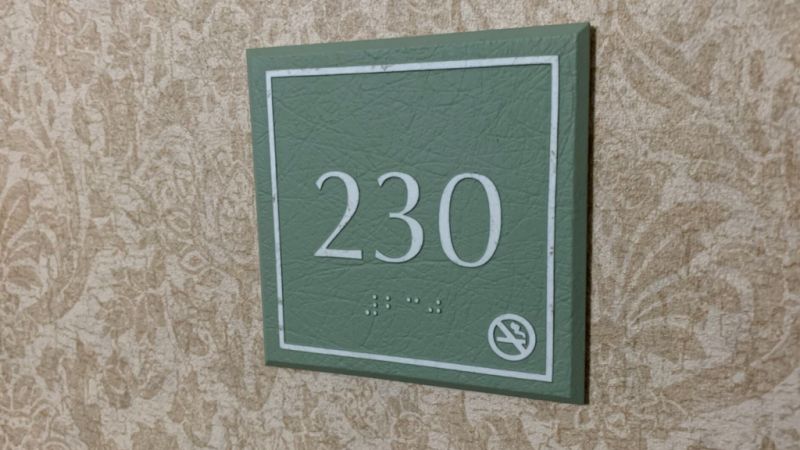
Plaintiff anti-malware software provider sued defendant – who also provides software that protects internet users from malware, adware etc. – bringing claims for false advertising under the Section 43(a) of Lanham Act, as well as other business torts. Plaintiff claimed that defendant wrongfully revised its software’s criteria to identify plaintiff’s software as a security threat when, according to plaintiff, its software is “legitimate” and posed no threat to users’ computers.
Defendant moved to dismiss the complaint for failure to state a claim upon which relief may be granted. It argued that the provisions of the Communications Decency Act at Section 230(c)(2) immunized it from plaintiff’s claims.
Section 230(c)(2) reads as follows:
No provider or user of an interactive computer service shall be held liable on account of—
(A) any action voluntarily taken in good faith to restrict access to or availability of material that the provider or user considers to be obscene, lewd, lascivious, filthy, excessively violent, harassing, or otherwise objectionable, whether or not such material is constitutionally protected; or
(B) any action taken to enable or make available to information content providers or others the technical means to restrict access to material described in [paragraph (A)].
Specifically, defendant argued that the provision of its software using the criteria it selected was an action taken to make available to others the technical means to restrict access to malware, which is objectionable material.
The court agreed with defendant’s argument that the facts of this case were “indistinguishable” from the Ninth Circuit’s opinion in in Zango, Inc. v. Kaspersky, 568 F.3d 1169 (9th Cir. 2009), in which the court found that Section 230 immunity applied in the anti-malware context.
Here, plaintiff had argued that immunity should not apply because malware is not within the scope of “objectionable” material that it is okay to seek to filter in accordance with 230(c)(2)(B). Under plaintiff’s theory, malware is “not remotely related to the content categories enumerated” in Section 230(c)(2)(A), which (B) refers to. In other words, the objectionableness of malware is of a different nature than the objectionableness of material that is obscene, lewd, lascivious, filthy, excessively violent, harassing. The court rejected this argument on the basis that the determination of whether something is objectionable is up to the provider’s discretion. Since defendant found plaintiff’s software “objectionable” in accordance with its own judgment, the software qualifies as “objectionable” under the statute.
Plaintiff also argued that immunity should not apply because defendant’s actions taken to warn of plaintiff’s software were not taken in good faith. But the court applied the plain meaning of the statute to reject this argument – the good faith requirement only applies to conduct under Section 230(c)(2)(A), not (c)(2)(B).
Finally, plaintiff had argued that immunity should not apply with respect to its Lanham Act claim because of Section 230(e)(2), which provides that “nothing in [Section 230] shall be construed to limit or expand any law pertaining to intellectual property.” The court rejected this argument because although the claim was brought under the Lanham Act, which includes provisions concerning trademark infringement (which clearly relates to intellectual property), the nature of the Lanham Act claim here was for unfair competition, which is not considered to be an intellectual property claim.
Enigma Software Group v. Malwarebytes Inc., 2017 WL 5153698 (N.D. Cal., November 7, 2017)
About the Author: Evan Brown is a Chicago technology and intellectual property attorney. Call Evan at (630) 362-7237, send email to ebrown [at] internetcases.com, or follow him on Twitter @internetcases. Read Evan’s other blog, UDRP Tracker, for information about domain name disputes.



